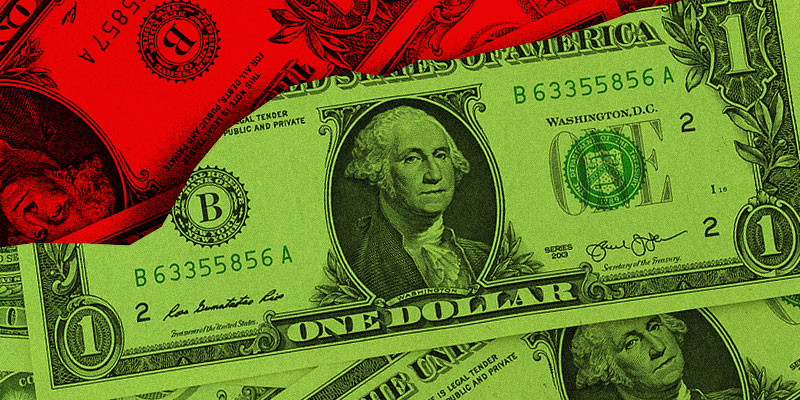As the college football regular season winds down, the coaching carousel heats up. So far in 2021, 28 of 130 FBS programs have had coaching changes. Coaching decisions illustrate some elements of economic and business decisions generally. Perhaps unexpectedly, imagination plays an outsized role.
I will focus on coaching vacancies from firing, not retirements or successful coaches leaving for another job. And I will consider terminations related to team performance, not personal misconduct.
ADs fire coaches because they decide the program would do better with new leadership. To reach this conclusion, an AD must envision the program’s performance with another coach; we will never see what Florida, LSU or Troy might have achieved in 2021 with a different coach. Economists similarly compare economic performance to alternatives we never observe. Imagination is crucial in all such comparisons.
Two rationales are often offered for firing: the team has not won enough, or, the coach is unlikely to deliver in the future. Economists label these retrospective and prospective evaluations respectively. All job performances can be evaluated retrospectively or prospectively. In my line of work, we might hear when a professor goes up for tenure, “Smith’s record merits tenure,” (retrospective) or “Smith will contribute to the University for years to come” (prospective).
Imagining a perfect world – one where our team goes undefeated every year – is easy. Yet unrealistic expectations can doom a football program, as even Nick Saban cannot achieve such perfection. Economists call this the Nirvana Fallacy. Our imagination must be realistic. Economists build models – and argue extensively among ourselves about their details – to discipline our imaginations.
Entrepreneurs start new businesses and are fonts of imagination. They must imagine a new product or service and how people will use it. The preparation of business plans for startups is the disciplining of entrepreneurs’ imagination.
In business, profit gives entrepreneurs, managers, and investors the incentive to engage in and act upon disciplined imagination. Profits are a residual: they are the dollars left over (if any) from sales after paying all bills. Here is a difference between college football and business; football playing universities are all non-profits. Furthermore, athletics departments are part of a university. Football revenues increase when the team wins but the AD will not keep this extra revenue.
Economists recognize the lack of a profit motive – or a residual claimant – as dramatically affecting an organization’s performance. The lack of a profit motive, however, does not keep football coaches from being axed.
In college football and sports generally, winning is a motive. And it is powerful: coaches work late nights and players spend more hours practicing and working out than college students do studying. Failing to hire a coach who wins can get an AD fired. Winning substitutes adequately for profit.
Economists differentiate between the “hard” budget constraints of private businesses and the soft budget constraints of government owned enterprises, like the U.S. Postal Service. Businesses must pay for labor, materials, and tools out of sales revenue. Government enterprises can always turn to taxes. Soft budget constraints contribute to the inefficiency of government enterprises.
Yet as the coaching carousel hints, constraints are never as hard as some economists believe. A coach who goes 1-11 can get another year (or two). Businesses can continue to operate even if they lose money. Suppose partners put up $500,000 to open a restaurant. If the restaurant has burned through the $500,000 and is still struggling, the partners can always invest more.
Consequently, a firing or business closure is always a result of a decision. And the decision can always be criticized as excessively harsh. We should respect the exercise of such responsibility.
And remember, disciplined imagination might sometimes council retaining a coach. Many thought Michigan’s Jim Harbaugh would be fired after a 2-4 season in 2020 and not winning the Big Ten East in six seasons. Coach Harbaugh was retained, and Michigan made the College Football Playoff this year. Sometimes our best moves are ones we never make.
Daniel Sutter is the Charles G. Koch Professor of Economics with the Manuel H. Johnson Center for Political Economy at Troy University and host of Econversations on TrojanVision. The opinions expressed in this column are the author’s and do not necessarily reflect the views of Troy University.













